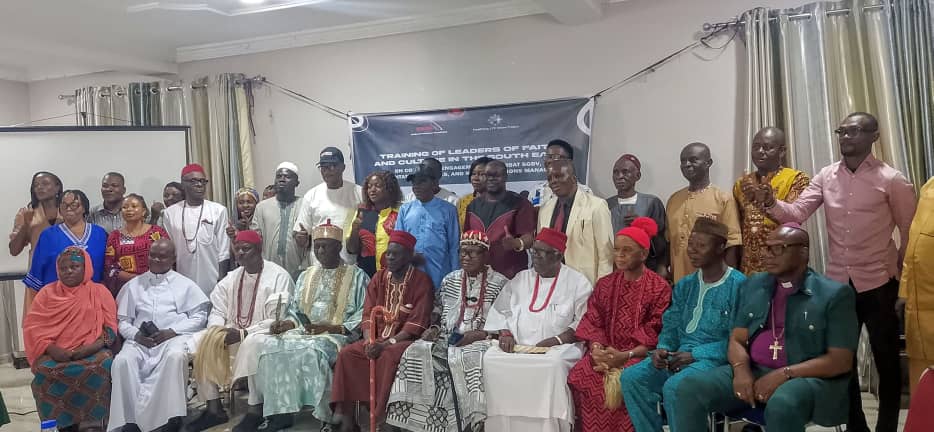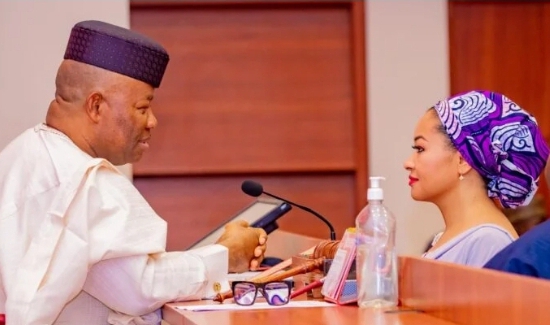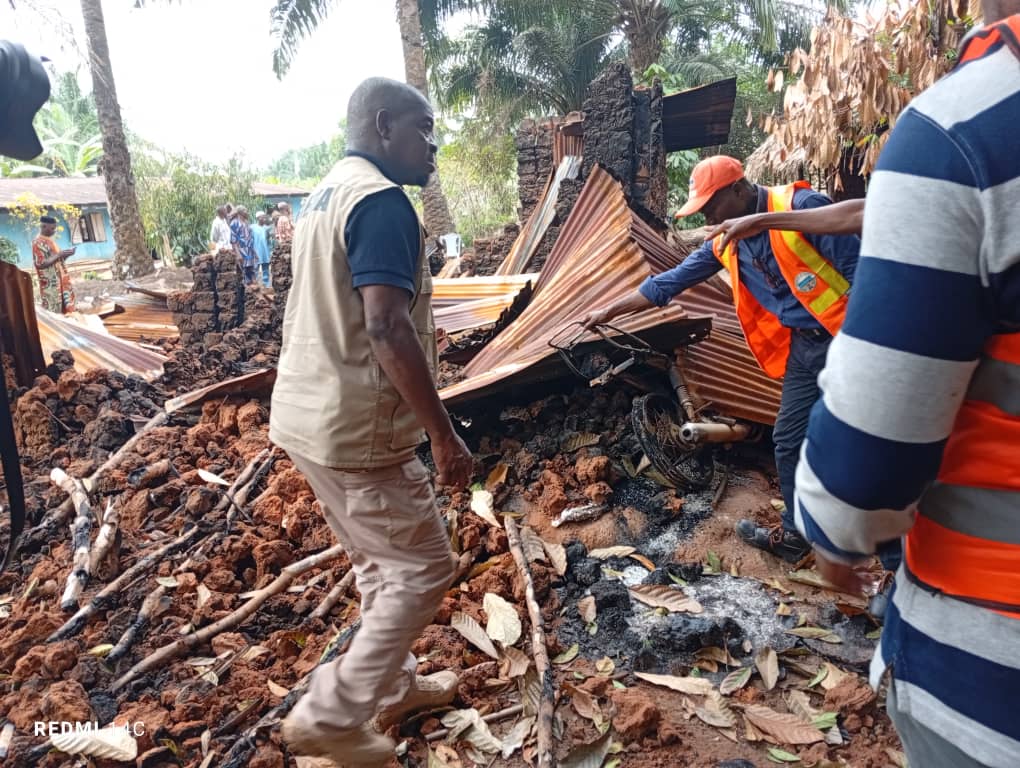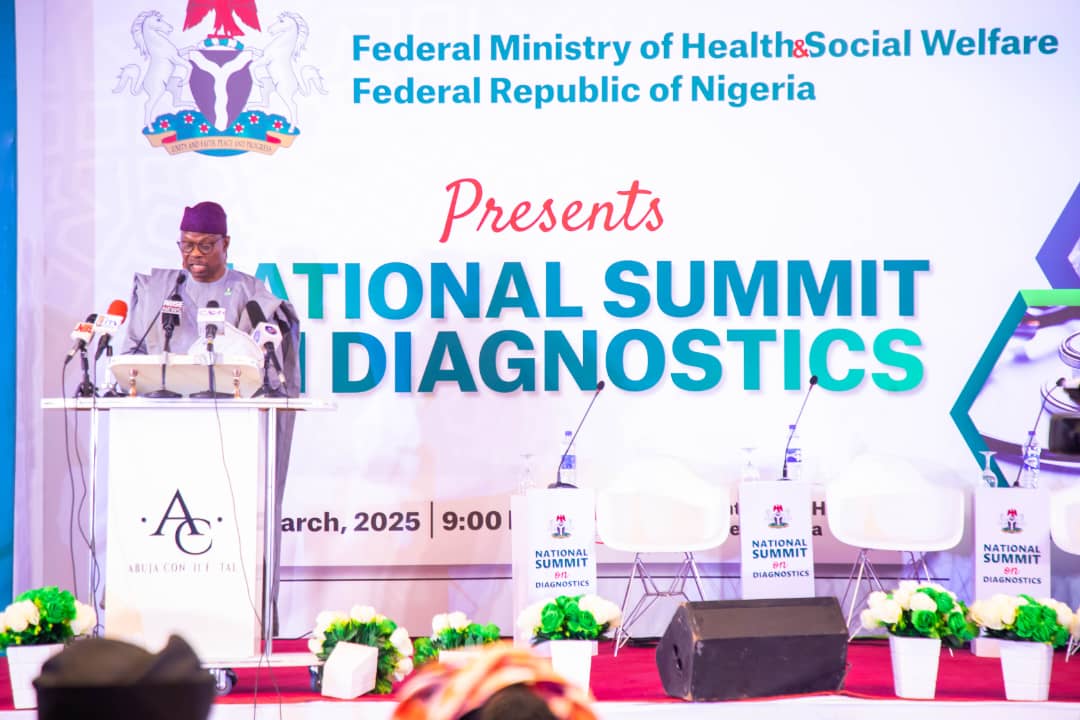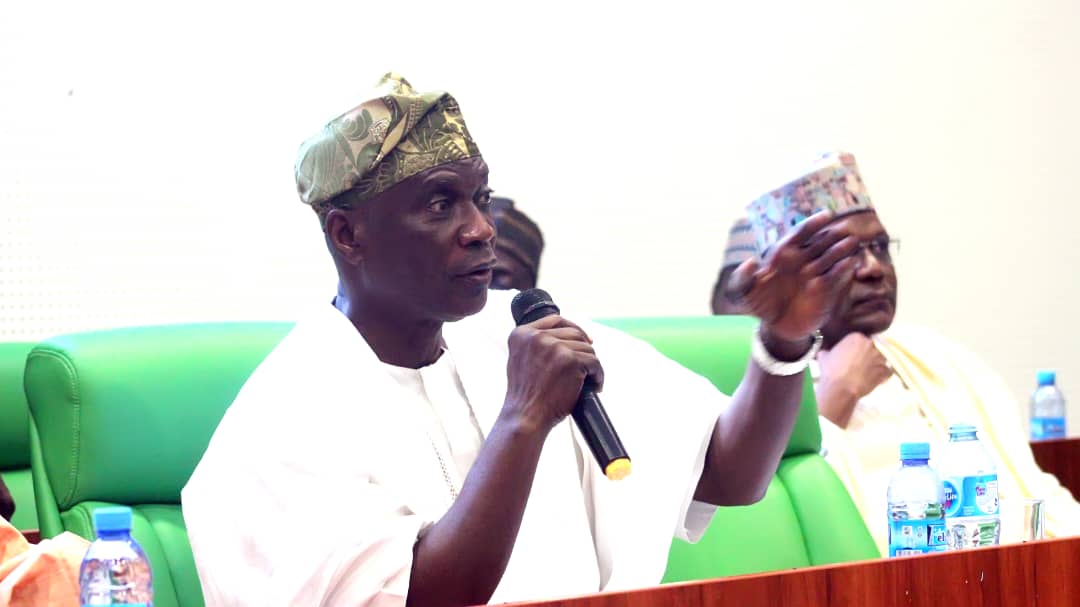17 Sites Completed, 65 Ongoing – HYPREP Coordinator Defends Ogoni Cleanup Before Lawmakers
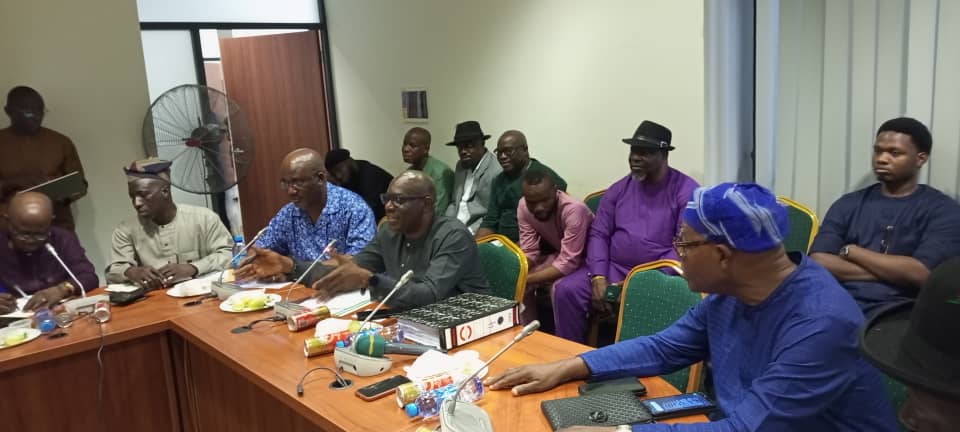
By Fatima Saka
The Hydrocarbon Pollution Remediation Project (HYPREP) has defended its implementation of the Ogoni cleanup before the House of Representatives Ad Hoc Committee investigating the alleged mismanagement of oil spill remediation funds in the Niger Delta.
Appearing before the Hon. Okpolump Etteh-led panel, HYPREP Project Coordinator, Professor Nenibarini Zabbey, said the Federal Government’s environmental restoration programme is progressing steadily, with 17 contaminated sites fully remediated and certified, while cleanup activities are ongoing at 65 additional locations.
Zabbey told lawmakers that funds allocated for the cleanup have been transparently managed in line with the recommendations of the United Nations Environment Programme (UNEP) Report on Ogoniland.
He noted that the project is using advanced remediation technologies, including renewable reactive barriers and non-intrusive cleanup methods designed to effectively treat polluted sites without disrupting communities or damaging sacred spaces and cultural heritage areas.
He explained that the intervention now goes beyond environmental cleanup to include livelihood restoration and economic support for local residents. Thousands of Ogoni youths and women,
he said, have benefited from vocational training in agriculture, aquaculture, tailoring, ICT, and renewable energy to promote long-term community resilience and reduce dependence on oil-related activities.
Zabbey also highlighted HYPREP’s investments in water supply and healthcare, stating that community water schemes have been constructed and rehabilitated across Khana, Gokana, Tai, and Eleme local government areas to provide access to safe drinking water. He added that health outreach programmes have been carried out alongside upgrades to medical facilities to tackle pollution-related health challenges.
He assured the committee that HYPREP is committed to due process, transparency, and international best practices in all procurement and implementation procedures, noting that selective procurement was occasionally used only when required by technical complexity.
“Our work goes beyond cleaning up oil spills. We are rebuilding livelihoods, restoring confidence, and creating a sustainable environmental legacy for the Ogoni people,” he told lawmakers.
READ ALSO: Stakeholders calls for resuscitation of aviation fuel pipeline to airport
While commending some of the progress recorded, committee members urged HYPREP to ensure full compliance with financial reporting and project monitoring standards. They also encouraged stronger collaboration with independent experts, civil society organisations, and host communities to enhance accountability.
The lawmakers noted that despite challenges, the Ogoni cleanup remains one of Africa’s most ambitious environmental restoration projects and a crucial step toward environmental justice in the Niger Delta.

